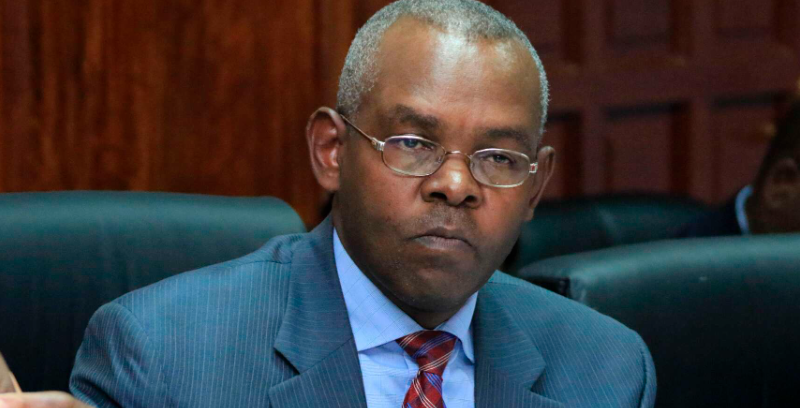Central Bank of Kenya (CBK) Governor nominee Kamau Thugge has defended the proposed Finance Bill 2023 saying it will grow the nation economically despite vehement opposition from various stakeholders.
During his vetting by the Finance and Planning Committee, he dispelled the notion that the tax bill was overtaxing Kenyans, saying it was poised to bolster the value chain of the Kenya Kwanza Manifesto, which will attract economic growth.
“If we pass the Finance Bill before Parliament, we will improve the trajectory of this country and reverse the manufacturing growth to the GDP of this country which has been declining,” he said.
Speaking on the proposed 3 per cent Housing Fund, Thugge insisted that the fund is a catalyst for investments in the future.
Thugge pointed out that this economic trajectory will attract local and foreign investment and reduce the debt appetite ratio to fund government projects.
Did you read this?
“The jobs that are going to be created will reduce crime and increase income growth. Its only about housing investment but the general impact on the economy which will attract foreign investment from Europe.”
The Housing Fund has stirred debate with Azimio leaders stating the Finance Bill unfairly targets a middle class already enduring great hardships and has the least money available to pay additional taxes.
The CBK nominee proposes issuing locally sold dollar-denominated bonds, with the government offering a good rate to aid liquidity.
Further, Thugge noted that the government wants Kenyans to be incentivised to stop stockpiling dollars in bank and release the money into the economy.
Additionally, he cited media reports stating that Kes1 trillion had been deposited in the local banks in the form of foreign currency at a time when the country is facing a dollar shortage.
The shilling has been depreciating to the dollar, attributed to the global recession that the ongoing Russia-Ukraine War and the aftermath of the COVID-19 pandemic have precipitated.
“I am looking at the possibility of issuance of dollar denominated bond the way we issue infrastructure bond. We structure it and issue locally and offer better rate that we will have the possibility of increasing liquidity in the system,” Thugge stated.












